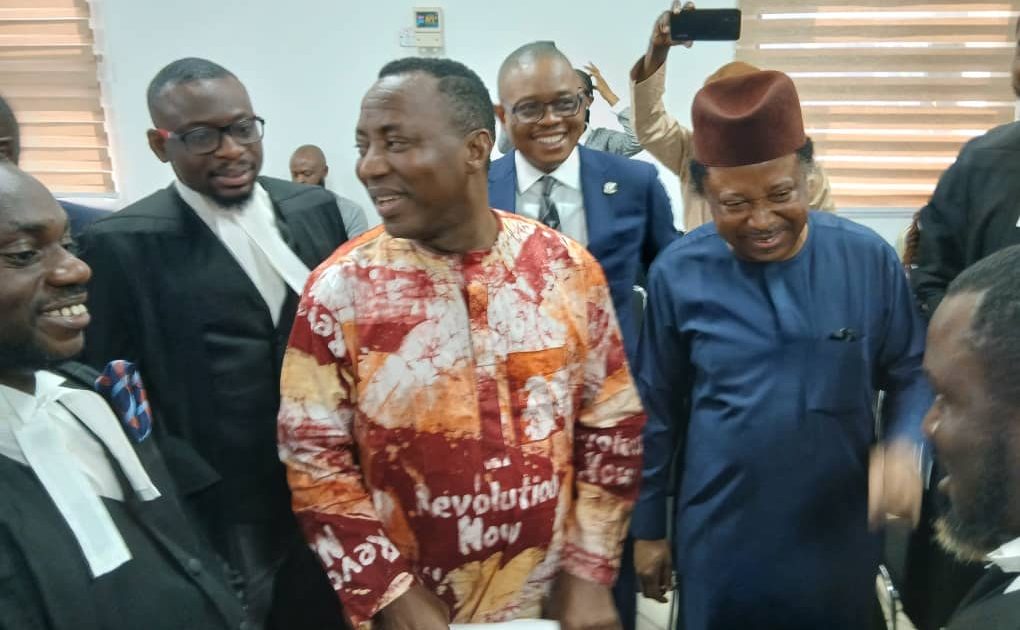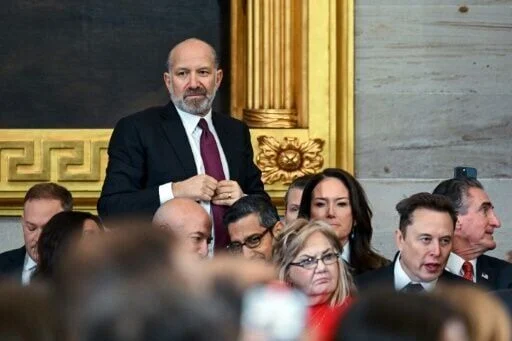The presence of UK Business and Trade Secretary Kemi Badenoch in Nigeria has sparked a contentious debate, with the Nigerian Bar Association (NBA) vehemently opposing the signing of an Enhanced Trade Investment Partnership on legal services between Nigeria and the UK. NBA President Yakubu Maikyau, a distinguished Senior Advocate of Nigeria, decried the decision as “utterly unacceptable,” underscoring the lack of prior consultation with the NBA, an entity representing millions of Nigerians.
Maikyau expressed profound concern regarding the gravity of the decision and its potential detrimental impact on the livelihoods of Nigerians. He affirmed the NBA’s unwavering commitment to legally challenge the validity of the agreement, indicating a readiness to pursue legal recourse all the way to the Supreme Court if necessary. The NBA’s firm stance underscores apprehensions regarding transparency and inclusivity in pivotal decision-making processes.
As per a statement released by the UK government, the Enhanced Trade and Investment Partnership (ETIP) aims to facilitate cross-border practice of foreign and international law by lawyers from both nations. This initiative is poised to foster collaboration and exports in legal services, reflecting shared objectives between the UK and Nigeria.
The provisions outlined in the agreement pertaining to legal services collaboration and the cross-border practice of foreign and international law signify a significant stride towards reinforcing bilateral relations between Nigeria and the UK. Nevertheless, the absence of consultation with critical stakeholders such as the NBA raises pertinent queries regarding the inclusiveness and transparency of the negotiation process.
The ensuing controversy underscores the imperative of robust consultation and engagement with relevant stakeholders in international agreements that bear on national interests and livelihoods. By contesting the legality of the agreement, the NBA endeavors to uphold tenets of accountability, transparency, and the supremacy of law within Nigeria’s legal domain.
Amid ongoing discussions surrounding the ETIP, it is imperative for authorities from both Nigeria and the UK to address the concerns articulated by stakeholders like the NBA and ensure that future agreements are forged through transparent and participatory processes. Collaborative endeavors to navigate these challenges will contribute to the cultivation of mutually advantageous partnerships and the advancement of excellence in legal services.




